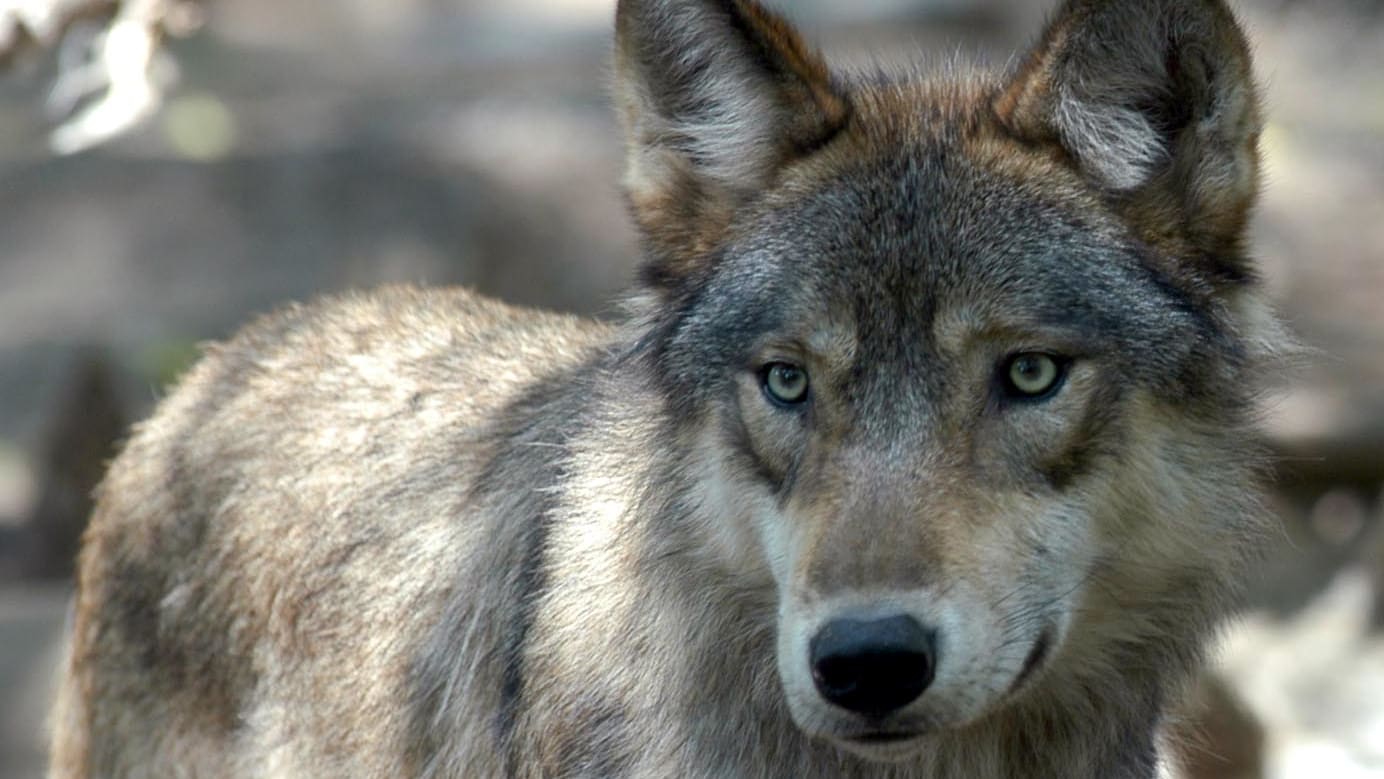Court restores protections for gray wolves across much of U.S.


A free daily email with the biggest news stories of the day – and the best features from TheWeek.com
You are now subscribed
Your newsletter sign-up was successful
A federal judge on Thursday restored protections for gray wolves in most of the United States, reversing a Trump-era decision.
U.S. District Judge Jeffrey S. White in Northern California ruled that the protections will be put back in place in most of the lower 48 states, and federal officials will be in charge of managing wolf populations in the Great Lakes region and Pacific coast.
Toward the end of the Trump administration, the U.S. Fish and Wildlife Service removed gray wolves from the list of endangered species. White wrote the agency did not use the best science available when making this decision and "failed to adequately consider the threats to wolves outside of the core populations in the Great Lakes and Northern Rocky Mountains in delisting the entire species."
The Week
Escape your echo chamber. Get the facts behind the news, plus analysis from multiple perspectives.

Sign up for The Week's Free Newsletters
From our morning news briefing to a weekly Good News Newsletter, get the best of The Week delivered directly to your inbox.
From our morning news briefing to a weekly Good News Newsletter, get the best of The Week delivered directly to your inbox.
Montana, Idaho, and Wyoming are not part of the court case, and increased hunting in those states threatens gray wolves, environmental groups say. "We need the Biden administration to emergency-list the wolves in that area, the northern Rockies," Defenders of Wildlife President and CEO Jamie Rappaport Clark told The Washington Post. "Because the states are just no holds barred, the states are just clearly not doing right by the wolves."
Gray wolves were almost entirely wiped out by hunters in the early 1900s, and environmental groups are concerned about their future. In Montana, restrictions on hunting were eased last year, with state fish and game commissioners ending wolf-hunting quotas north of Yellowstone. In the last several months, more than 20 wolves have been killed leaving the park, and Interior Secretary Deb Haaland wrote in a USA Today editorial earlier this week that her department was "alarmed" by this.
"[We] have communicated to state officials that these kinds of actions jeopardize the decades of federal and state partnerships that successfully recovered gray wolves in the northern Rockies," Haaland wrote.
A free daily email with the biggest news stories of the day – and the best features from TheWeek.com
Catherine Garcia has worked as a senior writer at The Week since 2014. Her writing and reporting have appeared in Entertainment Weekly, The New York Times, Wirecutter, NBC News and "The Book of Jezebel," among others. She's a graduate of the University of Redlands and the Columbia University Graduate School of Journalism.
-
 Political cartoons for February 22
Political cartoons for February 22Cartoons Sunday’s political cartoons include Black history month, bloodsuckers, and more
-
 The mystery of flight MH370
The mystery of flight MH370The Explainer In 2014, the passenger plane vanished without trace. Twelve years on, a new operation is under way to find the wreckage of the doomed airliner
-
 5 royally funny cartoons about the former prince Andrew’s arrest
5 royally funny cartoons about the former prince Andrew’s arrestCartoons Artists take on falling from grace, kingly manners, and more
-
 Earth is rapidly approaching a ‘hothouse’ trajectory of warming
Earth is rapidly approaching a ‘hothouse’ trajectory of warmingThe explainer It may become impossible to fix
-
 At least 8 dead in California’s deadliest avalanche
At least 8 dead in California’s deadliest avalancheSpeed Read The avalanche near Lake Tahoe was the deadliest in modern California history and the worst in the US since 1981
-
 The environmental cost of GLP-1s
The environmental cost of GLP-1sThe explainer Producing the drugs is a dirty process
-
 Why scientists want to create self-fertilizing crops
Why scientists want to create self-fertilizing cropsUnder the radar Nutrients without the negatives
-
 ‘Jumping genes’: how polar bears are rewiring their DNA to survive the warming Arctic
‘Jumping genes’: how polar bears are rewiring their DNA to survive the warming ArcticUnder the radar The species is adapting to warmer temperatures
-
 Death toll from Southeast Asia storms tops 1,000
Death toll from Southeast Asia storms tops 1,000speed read Catastrophic floods and landslides have struck Sri Lanka, Indonesia, Thailand and Malaysia
-
 How will climate change affect the UK?
How will climate change affect the UK?The Explainer Met Office projections show the UK getting substantially warmer and wetter – with more extreme weather events
-
 The Southern Ocean is holding in a ‘burp’
The Southern Ocean is holding in a ‘burp’Under the radar The heat from the past can affect the future
